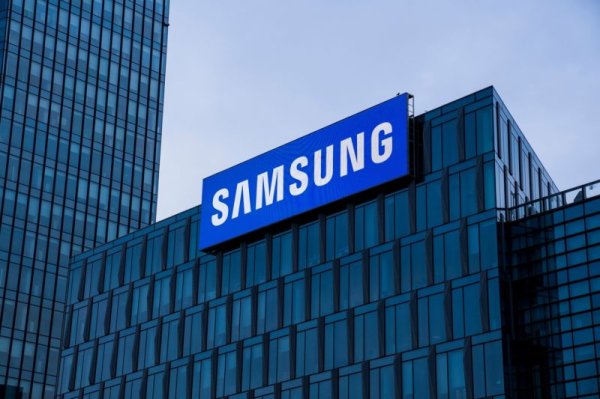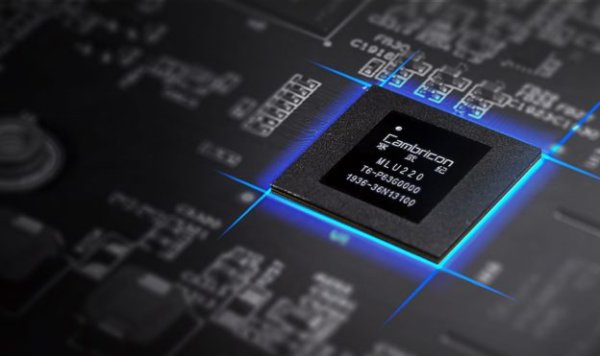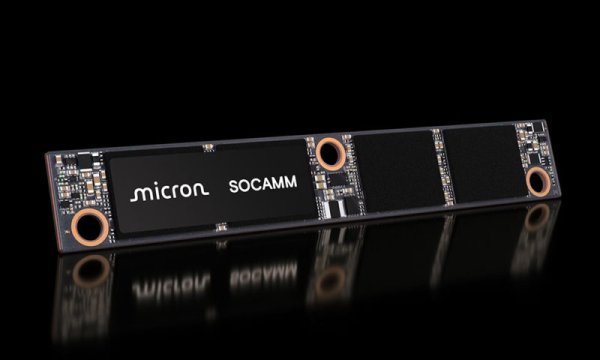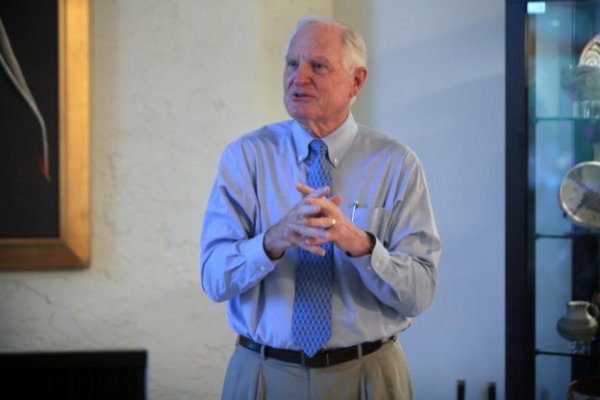Pat Gelsinger: Leaving a job is difficult, and like many people, underestimate the impact of AI
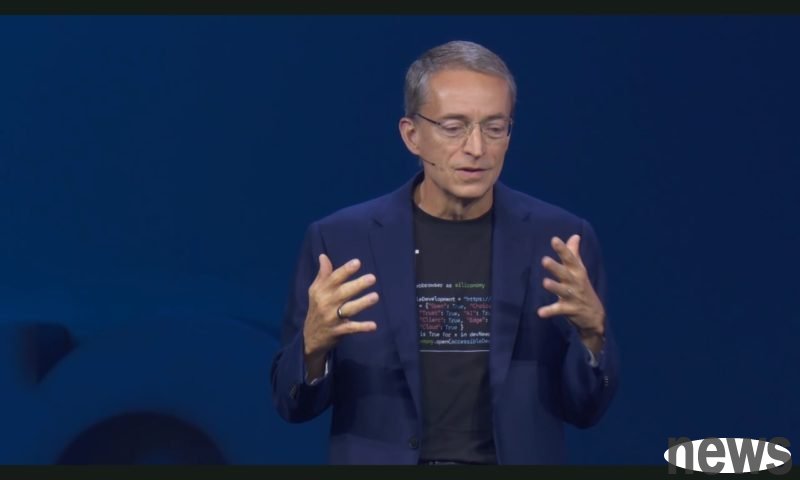
Former Intel executive president Pat Gelsinger stepped down in early December 2023, ending Intel's three-year and ten-month term. At the end of March 2024, he transferred to the US investment company Playground Global as an investment responsible person in the semiconductor department. When interviewed by Japanese media, Pat Gelsinger said he was "very difficult" to leave Intel and hoped to complete the opening work by himself, but he did not get the opportunity.
Pat Gelsinger pointed out that the Intel AI field has lost significantly its competitiveness due to the poor performance of the AI accelerator "Gaudi3" in 2024 and the cancellation of the 2025 GPU accelerator "Falcon Shore". Pat Gelsinger, like many people, underestimates the impact of AI. Although AI semiconductors continue to improve computing performance, the power consumption efficiency of nearly three generations of products has hardly changed.
Pat Gelsinger said that at the same time, the design and production of semiconductors are still correct, and he is calling on him to implement the "IDM 2.0" strategy that he has promoted after a long time. The goal is to strengthen the competitiveness of the wafer foundry and make good use of external wafer foundry resources to improve the quality. Intel will organize a reorganization starting from the first quarter of 2023, integrating the crystalline foundry service (IFS) and semiconductor manufacturing departments into the "Intel Crystal Foundry" group, and the semiconductor design and commercialization group will be the "Intel Products" group. Enterprise Resource Planning (ERP) systems are also separated.
But Intel encountered challenges in winning external customers. Key 1.8 nanometer Intel 18A process is only adopted by Amazon, Microsoft and the U.S. Department of Defense, and even reported that new executive director Chen Liwu may stop promoting Intel 18A to external customers and centrally develop Intel 14A. Chen Liwu believes that Intel 18A has lost its appeal, and only by developing Intel 14A can we compete with NTU. However, Intel 14A will not be invested in 2027 as soon as possible, and whether it can be effective and beneficial to the outside world is still under observation.

